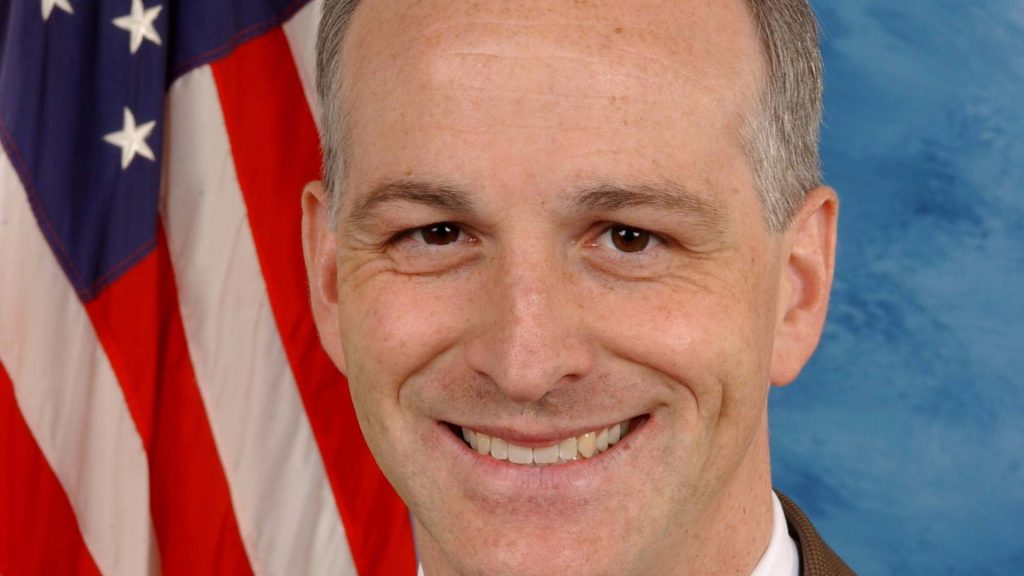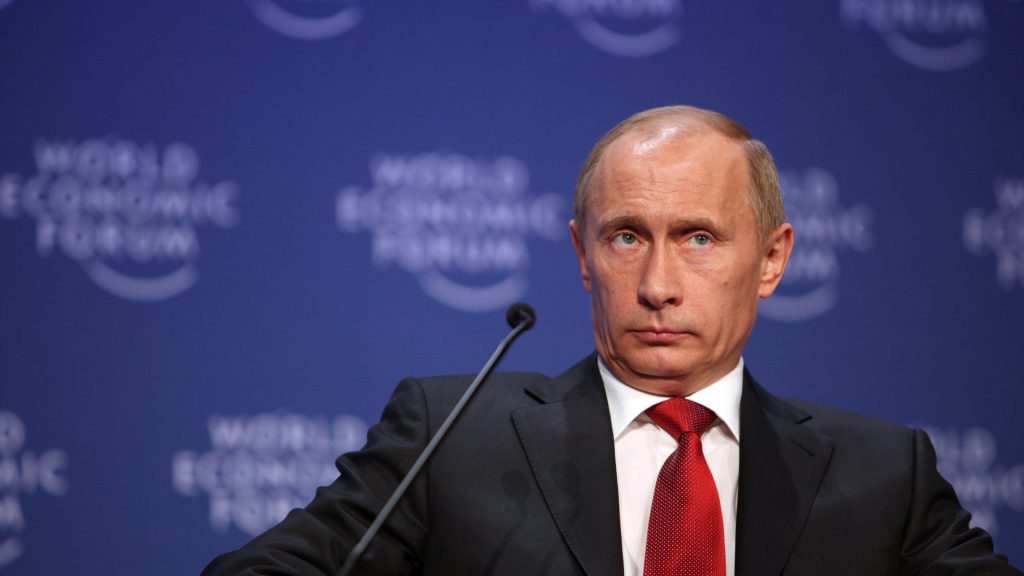The debate over U.S. assistance to Ukraine has escalated into a fiery confrontation in Congress, particularly following comments by Rep. Marjorie Taylor Greene (R-GA), who criticized the aid. Rep. Adam Smith (D-WA) responded by labeling Greene’s viewpoint on the matter as “uniquely demented.”
This dialogue highlights the differing perspectives within Congress regarding U.S. foreign policy and its implications, both domestically and globally.
Representative Adam Smith Denounces Greene’s Amendment Proposals
Rep. Adam Smith criticized Rep. Marjorie Taylor Greene’s proposals to amend the Ukraine aid bill, describing her perspective as “uniquely demented.”

Smith highlighted the importance of supporting Ukraine in its struggle against Russian military aggression, stressing that aid helps protect Ukrainian lives rather than endangering them.
Representative Marjorie Taylor Greene’s Controversial Claims About Ukraine Aid
Rep. Marjorie Taylor Greene claimed that U.S. financial assistance to Ukraine leads to the death of Ukrainian men and societal damage. Greene described American lawmakers who support the Ukraine aid bill as “advocating for the deaths of Ukrainians.”

The Congresswoman remarked “The most important thing you hear in Washington, D.C. is ‘Oh we have to send Americans hard-earned tax dollars over to Ukraine and keep the money going to continue to murder Ukrainians, wipe out an entire generation of Ukrainian men so that there are widows, there are fatherless orphans, there are not enough men to work in their industry.’”
Rep. Greene’s Proposal to Conscript Lawmakers Into the Ukrainian Army if They Vote for the Aid Bill
In a radical move, Rep. Greene suggested an amendment requiring any lawmaker voting for the Ukraine aid bill to serve in the Ukrainian military.

This extreme proposal has been met with disbelief and rejection by most of her colleagues, highlighting the divisive nature of the debate.
Marjorie Taylor Greene Denounces U.S. Support for Ukraine as “Repulsive”
Labeling American support for Ukraine as “repulsive,” Greene stated, “You know, shame on the American government.”

She argued this viewpoint vigorously in Congress, suggesting that the aid bill supports ongoing conflict rather than peace, a stance that has ignited considerable debate among lawmakers.
Reactions to Greene’s Russian Propaganda Accusation
Congressman Smith addressed Greene’s claims, stating, “I want to focus on one argument of the sponsor of this amendment that’s basically saying that if we pass this bill, we are advocating the killing of Ukrainians. That is a uniquely demented way of looking at this war,”

Smith then suggested that Greene, along with others in Congress, appeared to be viewing the war through the lens of Russian propaganda.“So to look at this from a pure Russian propaganda standpoint — they invade, they bomb, they kill and it’s our fault for helping Ukrainians defend themselves. That is the argument here against supporting Ukraine and it literally makes no sense.”
Congressman Smith Condemns Putin’s Role in Ukraine Conflict
Smith unequivocally placed the blame for the war on Putin, asserting, “Putin invades. Putin, as we speak, is bombing and killing Ukrainian civilians. And the only thing that is reducing the number that he can kill is the Ukrainians’ ability to fight back.”

Smith emphasized Putin’s relentless aggression and emphasized the urgent need to bolster Ukraine’s resistance against Russian encroachments.
The Human Cost of Withholding Aid
Experts argue that withholding aid from Ukraine could lead to a higher civilian death toll and weaken Ukraine’s defense capabilities against Russian forces.

They emphasize that U.S. aid is crucial for providing the Ukrainian military with the resources needed to defend their country and reduce civilian casualties.
Political Responses to Greene’s Comments
Various politicians, including those from her party, have distanced themselves from Greene’s comments, stating that they undermine the bipartisan support for Ukraine and align too closely with Russian narratives about the conflict.

The issue has polarized members of Congress, reflecting broader national debates on foreign assistance and national security.
The Public Opinion on Ukraine Aid
Reaction to the ruling fell along partisan lines. Trump and his Republican allies hailed it as preventing Surveys indicate mixed feelings among the American public regarding ongoing financial and military support to Ukraine.

While many support aiding Ukraine, others echo Greene’s concerns about the cost and long-term involvement.
Expert Analysis of Aid Effectiveness
Defense analysts have provided evidence that U.S. aid has significantly bolstered Ukraine’s military capabilities against Russian forces.

They stress that this support has been vital in several successful defense operations by Ukraine.
International Reactions to U.S. Congressional Debates
Global allies have closely monitored the debate within the U.S. Congress, concerned that a reduction in U.S. support could lead to broader instability in Eastern Europe and embolden Russian military actions.

They fear that any perceived weakening of Western resolve could embolden Putin’s aggressive ambitions and undermine the security of the entire region.
Economic and Historical Perspectives on U.S. Aid to Ukraine
Economists weigh in on the fiscal impact of foreign aid on the U.S. budget, emphasizing the strategic necessity of supporting democracy and deterring aggression, despite significant costs.

Meanwhile, historians draw parallels between past successes of U.S. aid and the current situation in Ukraine, advocating for continued support based on historical precedent.
Potential Effects of Aid Withdrawal
Strategic forecasts suggest that stopping aid to Ukraine could escalate the conflict quickly, potentially involving more countries in confrontation with Russia.

Maintaining support is crucial to prevent further escalation and ensure regional stability.
Legal and Ethical Considerations of Greene’s Amendment
Legal scholars discuss the constitutionality and ethics of Greene’s suggestion to enlist lawmakers into the Ukrainian army, raising concerns about its legality and unprecedented nature within U.S. political history.

Critics argue that Greene’s proposal raises significant legal and ethical questions, questioning its conformity with constitutional principles and ethical standards. The debate highlights broader concerns about the boundaries of legislative authority and the implications of such unconventional proposals.






